Spring is the time of year when my friends remember what a strange job I have, because a stripy insect has just appeared in their kitchen and they are panicking. “It’s huge!” one squeals. “Help! What do I do? I swear it’s that murder hornet I saw on social media.”
I explain to my friend that this is a common wasp queen, freshly emerged from hibernation. She’s lost 40% of her body weight and needs sugar. She will soon build a nest – using wood from my friend’s garden fence – lay eggs and rear them to adulthood by feeding them caterpillars, flies, aphids and spiders. If she survives, she might lay 10,000 eggs through the summer producing 10,000 worker wasps that will hunt more of these so-called pests and pollinate plants in my friend’s garden.
By now, my friend is offering the wasp some honey. As he watches her feed and fly away, he is contemplating the benefits that this single insect will bring to his garden this summer.
Seirian Sumner
My friend is not unusual: like many people, he lacks the words to describe nature and knowledge to name it. Without such nature literacy, is it any wonder that many people don’t know how to care for the natural world or why we should bother?
Humans are more disconnected from nature than ever, partly because technology means we have fewer reasons to spend time in nature – this is what ecologists call the “extinction of experience”. Fewer than half of UK adults feel highly connected with nature; most children can’t identify stinging nettles, bumblebees or robins. People don’t understand what the term natural history means or why it matters.
I witnessed this recently while lecturing. In a class survey, my bioscience students summed up natural history as: “old Victorian gentlemen”, “museums”, “dinosaurs” and “old-fashioned”. They also rated natural history as not relevant or of little relevance to their degree programmes, with only a few people rating it as quite or very important.
We weren’t always like this. Natural history is the study of nature: it is the oldest science. Natural selection ensured that early humans were brilliant naturalists, in order to find food and not become food. Nature inspired some of our most influential scientists, from Aristotle to Charles Darwin.
Non-biologists were also deeply influenced by nature. In the words of physicist Albert Einstein: “Look deep into nature, and then you will understand everything better.” English mathematician Isaac Newton considered himself “a natural philosopher” – only the nature-curious would bother watching an apple fall.
Having the language to name and describe nature is a gateway to curiosity-driven innovation, creativity and discovery. This matters because our food, health and wellbeing, innovations and creativity depend on observation, curiosity and understanding of the natural world. From termite-mound inspired air-conditioning technology to burr-mimicking Velcro, and ant-led town planning.
Without noticing how nature has solved problems and without the ability to name, recognise and share the source with others in order to replicate the observations, none of these breakthroughs would have happened. Where will our next innovations come from, if we’ve lost the inclination and ability to notice, name and know nature?
Knowledge about nature also makes us more pro-environmental and more likely to make planet-friendly decisions. This is critical as we continue to exceed planetary boundaries, driving climate change and nature loss. As things stand, our continuing divorce from nature means that the next generation are ill equipped for the future. Nature literacy helps us reconnect and make the right decisions.
Growing nature literacy
Becoming a nature-literate society starts with three key steps.
1. Notice. Relearn how to be deliciously distracted by nature, curious about the ordinary, and redevelop the sense of awe and wonder that has inspired science, innovation and the arts for centuries.
2. Name. Embrace the joys of learning to name nature. Can you tell a beech tree from an oak? A bee-fly from a bumble-bee? By being able to name something, we develop a connection with it and crave knowledge about it – be it for wasps or weeds.
3. Nurture. With names and knowledge come care, responsibility and the determination to take action to protect nature, such that future generations have the biodiversity needed for future learning and inspiration.
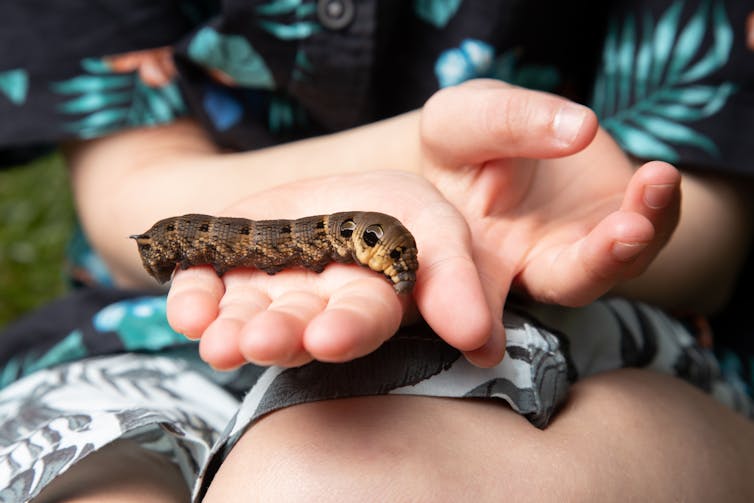
Simon T May/Shutterstock
Noticing and naming nature means we’re more likely to nurture it. Sharing our nature knowledge with others helps nudge the nature literacy agenda from below the boots of old Victorian gentlemen and into the 21st century. Even when that bit of nature involves gorgeous wasps.
Read more:
A new natural history GCSE is welcome – but climate change needs to be part of the whole curriculum
And after 11 years of campaigning, environmentalist and author Mary Colwell has nudged nature literacy on to the agenda of the UK government with the approval of an examination-level qualification for secondary school children – the natural history GCSE. This is an important first step forward in shifting the baseline of nature literacy among the next generation in the UK.
But nature literacy needs to become much more embedded across society. Nature-based jobs are the future. In industry and academia, tech startups and government, frontline roles are now focusing on “green” or “nature-based” jobs to deliver the nature-based solutions needed for a sustainable future. Demands for these jobs is booming, but the the lack of necessary nature-literacy skills is well-recognised. A recent report identified biodiversity knowledge as the most important technical skill identified by nature-based solutions employers globally.
We need to shift cultural norms and societal expectations so that nature literacy is taught and valued by everyone – not just ecologists. Government and educators owe the future of our planet a nature-literate workforce.

Don’t have time to read about climate change as much as you’d like?
Get a weekly roundup in your inbox instead. Every Wednesday, The Conversation’s environment editor writes Imagine, a short email that goes a little deeper into just one climate issue. Join the 40,000+ readers who’ve subscribed so far.

The post “Here’s how to create a more nature-literate society” by Seirian Sumner, Professor of Behavioural Ecology, UCL was published on 04/04/2025 by theconversation.com




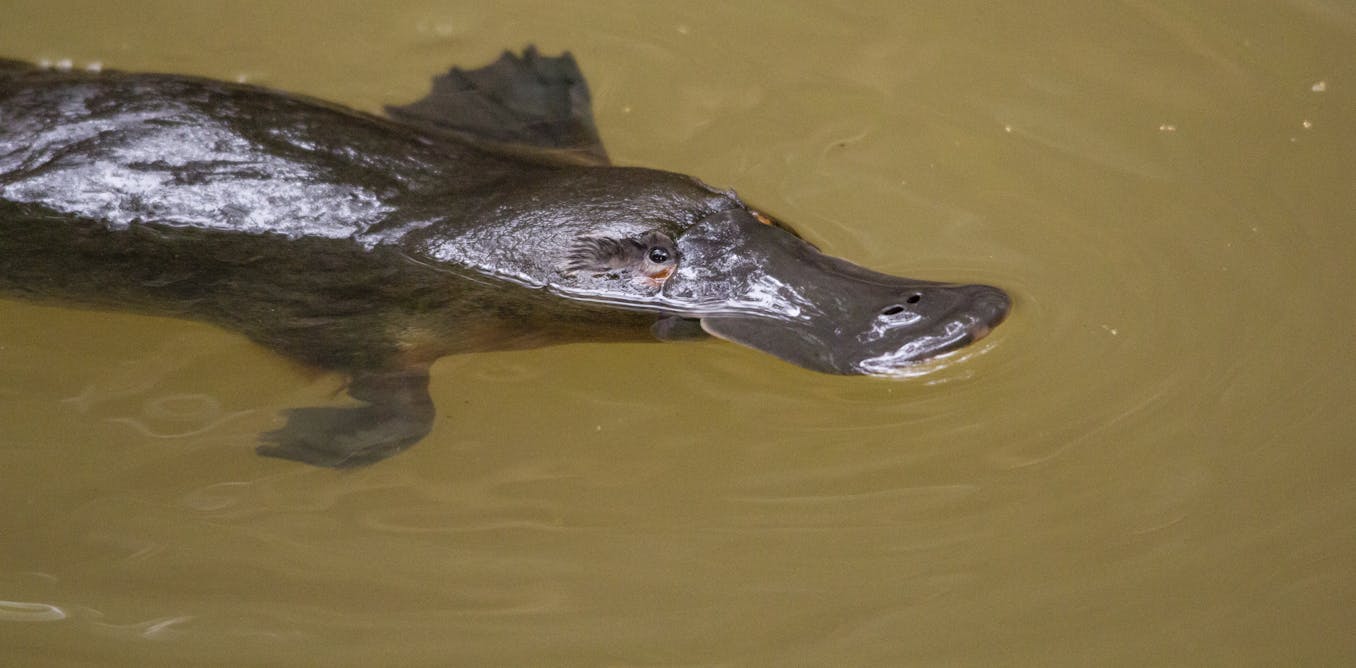


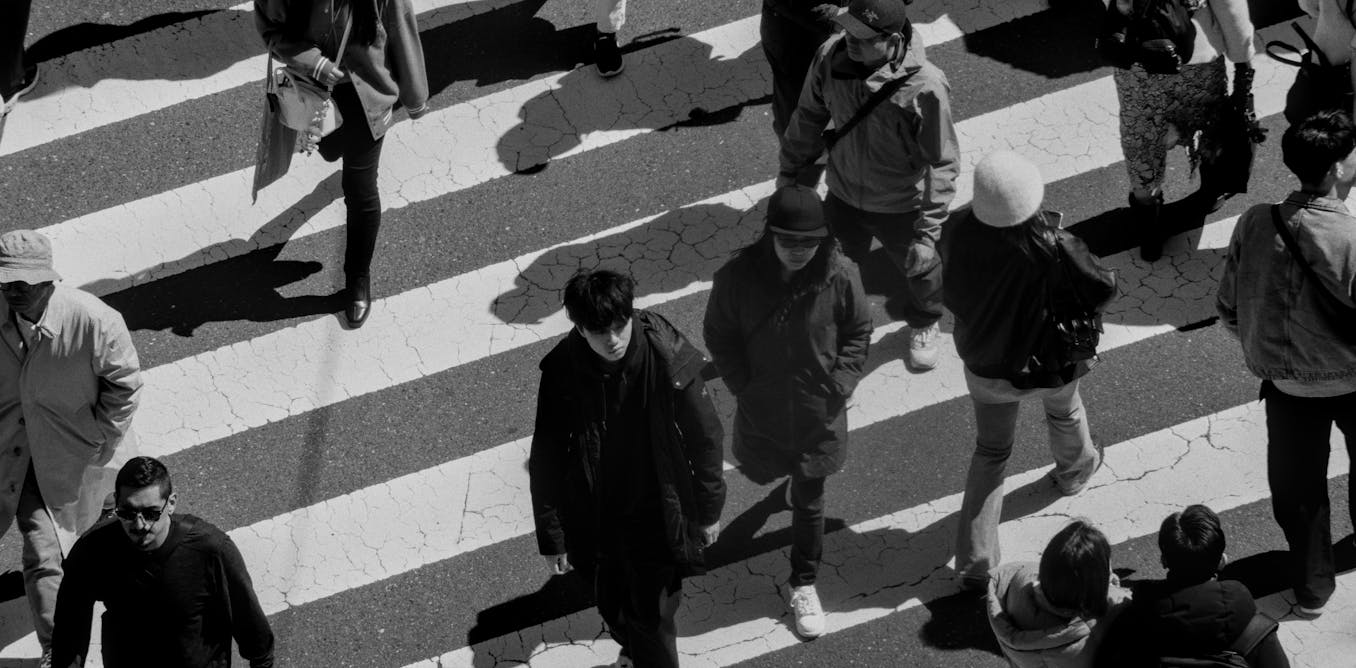



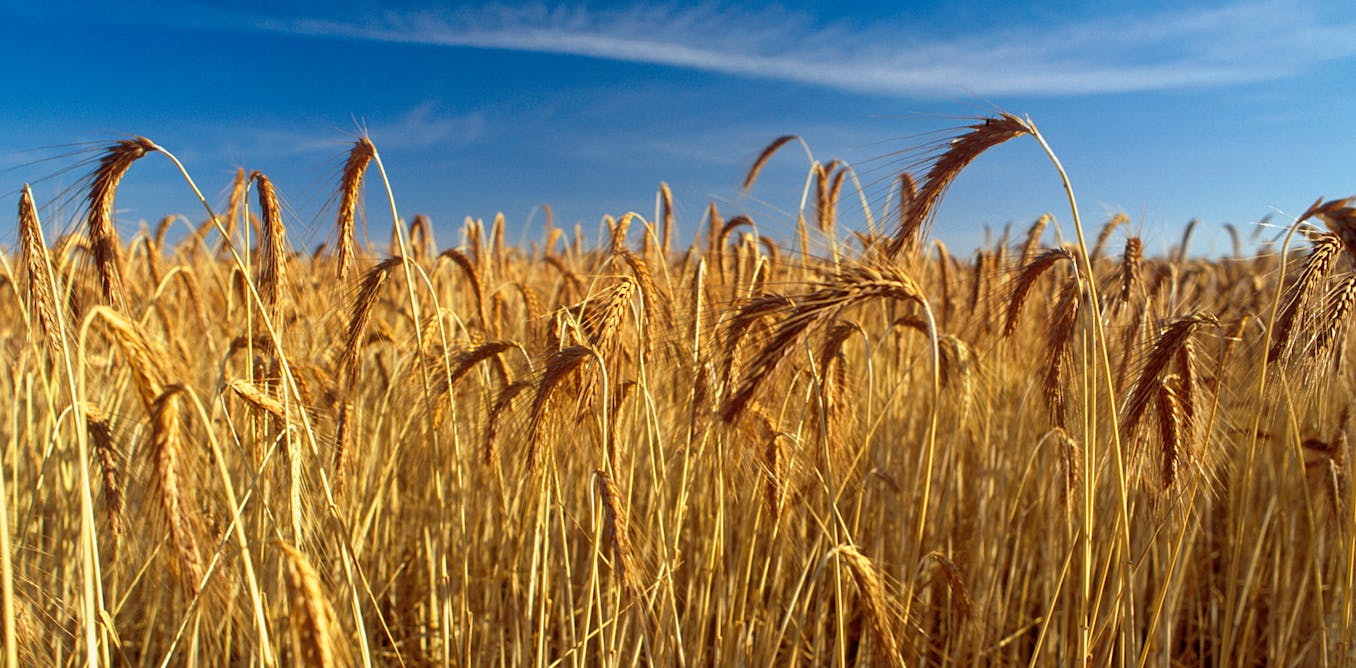
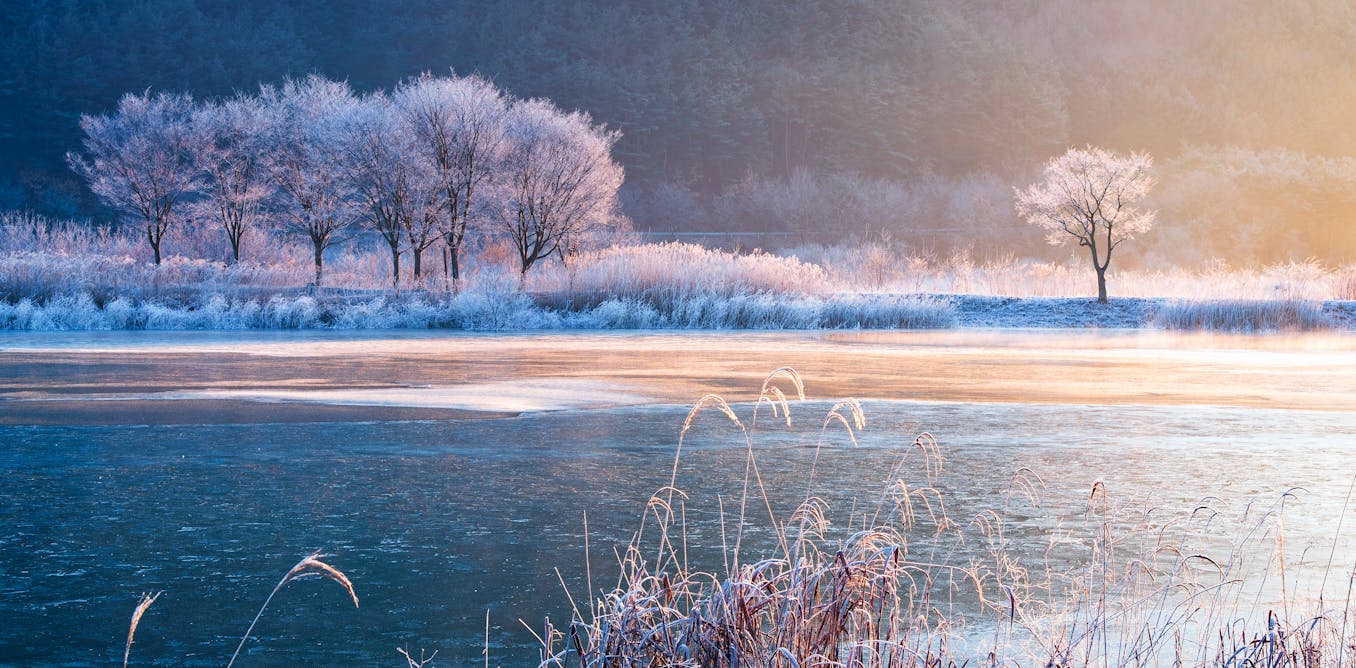
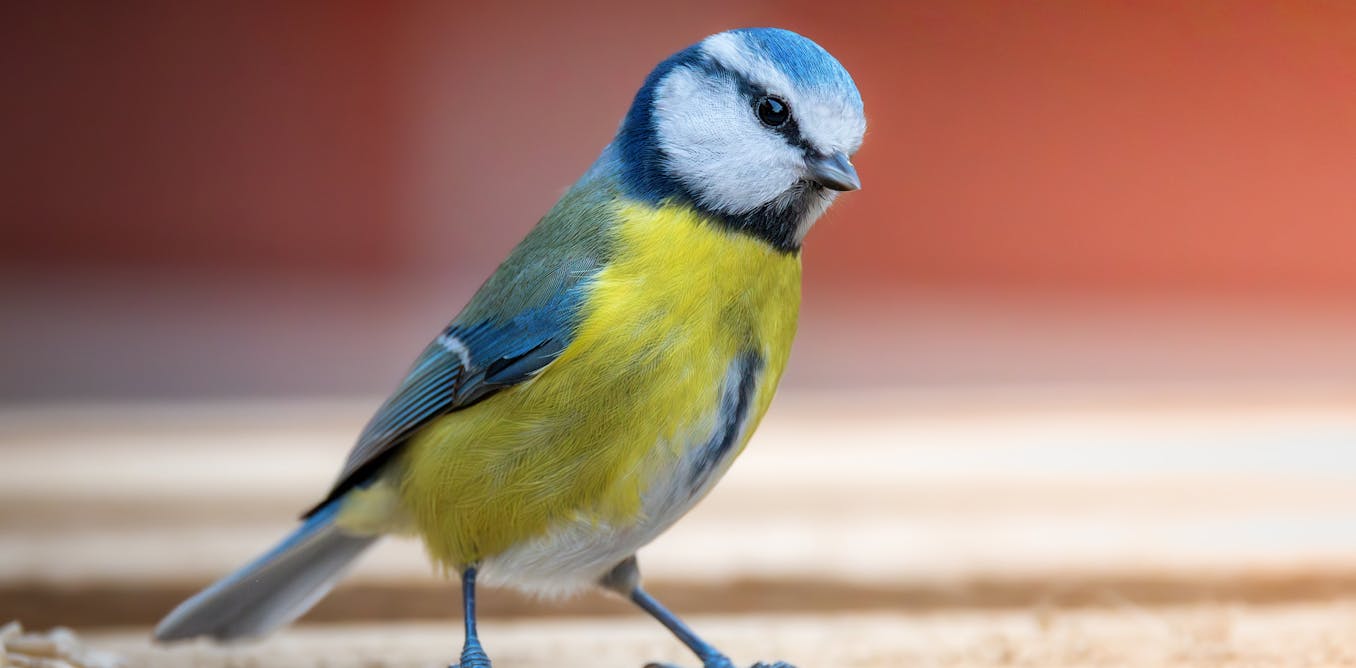
























Leave a Reply